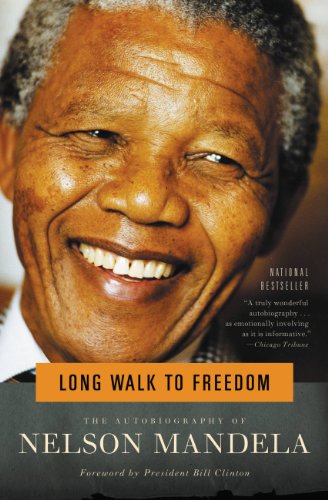Here is the most complete single-volume collection of the writings of one of the great luminaries of Asian literature. Basho (1644–1694)—who elevated the haiku to an art form of utter simplicity and intense spiritual beauty—is best known in the West as the author of Narrow Road to the Interior, a travel diary of linked prose and haiku that recounts his journey through the far northern provinces of Japan. This volume includes a masterful translation of this celebrated work along with three other less well-known but important works by Basho: Travelogue of Weather-Beaten Bones, The Knapsack Notebook, and Sarashina Travelogue. There is also a selection of over two hundred fifty of Basho's finest haiku. In addition, the translator has provided an introduction detailing Basho's life and work and an essay on the art of haiku.
Note: A variety of different translations are available with this version translated by Sam Hamill recommended as the best.




















